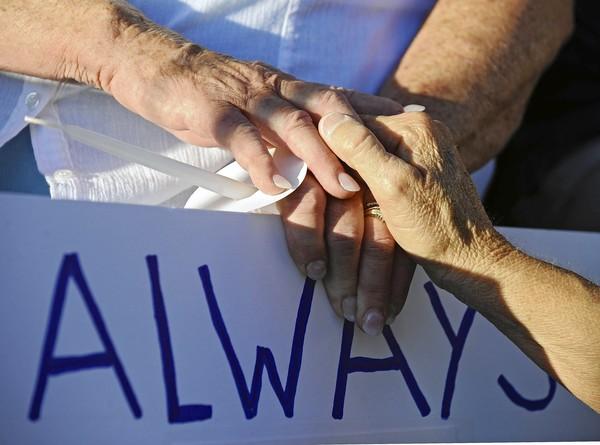Uncovering the Abusers
The Baltimore Sun
Our view: Recent cases of serial child sexual abuse demonstrate why Maryland must reform its reporting laws to discourage cover-ups and prosecute perpetrators The case of John Merzbacher, the former South Baltimore Catholic middle school teacher who turned out to be a serial child sexual abuser, represents a terrible tragedy of child abuse fostered by too many others willing to turn a blind eye. But if his case is extreme, it is not unique, and it's particularly galling to hear of cases like that involving Mr. Merzbacher, whose behavior went unreported for decades, or Penn State's Jerry Sandusky, where even an incident in the men's shower witnessed by a staff member failed to motivate school officials to alert authorities. Last year, when the Sandusky scandal first came to light, we warned that the Maryland General Assembly should be cautious when taking up state reporting laws for fear of unintended consequences — that unfairly punishing certain professionals with criminal sanctions for failing to report suspected child abuse might actually work against the interest of children. But if anything, lawmakers have proven too reluctant to tackle the problem. It's time to take steps to address what amounts to a laxity in the law and provide the means to both discourage and discover serious incidents of abuse. Many of the potential reforms need not be controversial at all. Teachers, guidance counselors, police officers, health professionals and other "mandatory reporters" ought to be better trained in how to identify symptoms of abuse and neglect. There also ought to be a centralized office where suspected incidents can be reported, with an 800 number and 24-hour switchboard taking those calls. A state-funded education campaign informing people of how to spot and report child abuse should accompany those innovations. That may not be as simple a fix as passing some new penalty, but it's likely to be more effective. But the reforms should not stop there. Last year, the state Senate overwhelmingly approved a law to make it a misdemeanor when mandatory reporters willfully fail to report child abuse under certain circumstances. A conviction would result in a potential fine but not imprisonment. The measure would also provide immunity from civil liability and criminal prosecution for good-faith failures to report abuse. That seems like a reasonable update to existing law, yet the Senate bill never received serious consideration in the House of Delegates. Maryland is one of only three states in the nation (along with Wyoming and North Carolina) where there is currently no penalty (aside from a loss of license in certain instances) for failing to report suspected child abuse or neglect. And among the 47 states (plus the District of Columbia) with penalties, 39 classify it as a misdemeanor. That's not to suggest we favor a criminal prosecution every time a pediatrician sees a bruise and fails to report it as suspected abuse, but a misdemeanor charge would give authorities a necessary tool to address an obvious problem — institutions that cover up incidents of abuse. In that light, it would also seem prudent to extend the statute of limitations on civil claims by the victims of child abuse. Under current state law, victims abused when they were young have until age 25 to bring legal action. Given the potential psychological trauma inflicted upon someone by such incidents (and the natural reluctance of many, particularly the very young, to admit to being a victim of rape or abuse), a proposed 10-year extension seems appropriate. That's unlikely to please organizations like the Catholic Church that might find themselves litigating additional lawsuits as a result, but their unhappiness is not sufficient reason to prevent those who suffered from seeking legitimate damages. If anything, leaders of those institutions ought to consider themselves fortunate there's any statute of limitations at all for those who deliberately cover up for criminals. Child abuse is a crime, and Maryland law addresses it appropriately. But concealing child abuse is a problem as well, and in this, existing state law too often falls short. When legislators return to Annapolis in January, they ought to make addressing this shortcoming a top priority. That's not to suggest that every incident of abuse should also result in an investigation of everyone who ever came in contact with the perpetrator or the victim. But strengthening the reporting law — as well as investing appropriately in education, public outreach and the means to more easily report child abuse and neglect — would not only help victims in Maryland but also reduce the likelihood of child sexual abuse happening in the first place.
|
.
Any original material on these pages is copyright © BishopAccountability.org 2004. Reproduce freely with attribution.
